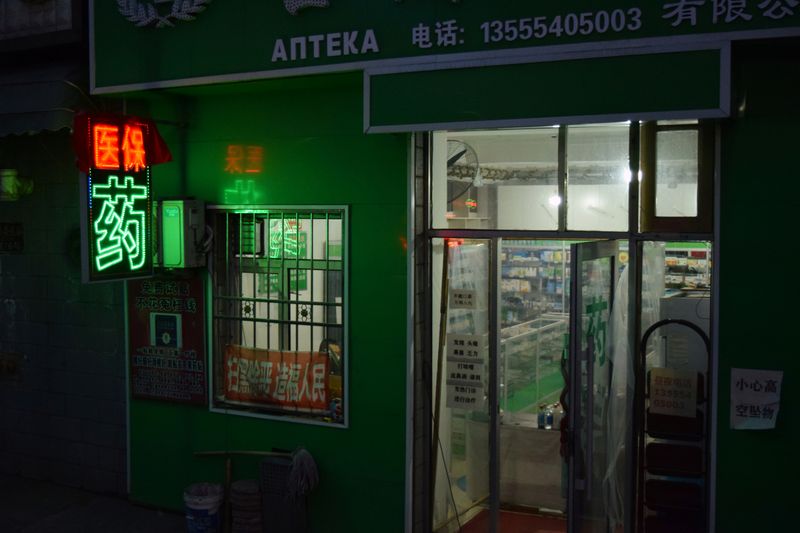BEIJING (Reuters) - Pharmaceutical firms have agreed to cut prices by 61.7% on average for 67 medicines to be included in China's national medical insurance coverage in a new round of negotiations, Chinese authorities said on Friday.
Inclusion on the National Reimbursement Drugs List has helped many global drugmakers such as Merck & Co Inc and Novartis AG book strong product sales growth in China in recent years, as their products have become more widely available.
The newly added 67 medicines are branded drugs with no generic versions available in China and include blockbusters such as Eli Lilly & Co (NYSE:LLY)'s psoriasis treatment Taltz and Johnson & Johnson (NYSE:JNJ)'s multiple myeloma drug Darzalex, according to the National Healthcare Security Administration (NHSA).
Products from domestic companies such as InnoCare Pharma Ltd and BeiGene (NASDAQ:BGNE) Ltd were also included.
Last year, drugmakers agreed to an average price cut of around 50% for more than 100 medicines, underscoring China's strong bargaining power, as it seeks to make more drugs affordable for its 1.4 billion people.
The deepest price cut among the 67 medicines was 94%, NHSA official Huang Huabo told a news conference without naming the product.
In negotiations with Biogen Inc (NASDAQ:BIIB) for its rare neuromuscular disease drug Nusinersen, the government negotiator told a company official that the firm should "work harder" in giving price cuts, stressing that the government's price cap was non-negotiable, before the sides reached an agreement, video clips from state broadcaster CCTV showed.
Biogen did not immediately respond to a Reuters request for comment.
In another example showing the state's heavy influence, Danish diabetes drugmaker Novo Nordisk (NYSE:NVO) A/S last month said its sales growth would slow by 3% in 2022 because of lower prices and reduced sales volume in China.
Insulin makers agreed last month to cut prices by 48% on average to be qualified to bulk supply public hospitals.

For certain medicines already included in the reimbursement list such as PD-1 inhibitors from Shanghai Junshi Biosciences Co Ltd and BeiGene, the government widened their coverage by adding more disease types.
Apart from the 67 brand-name drugs, seven medicines with generic versions were also added to the list, while 11 medicines of low clinical value were removed, NHSA said.